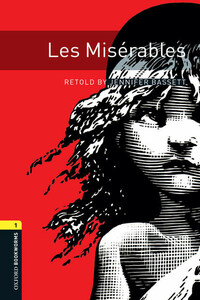Great Clarendon Street, Oxford, OX2 6DP, United Kingdom
Oxford University Press is a department of the University of Oxford. It furthers the University’s objective of excellence in research, scholarship, and education by publishing worldwide. Oxford is a registered trade mark of Oxford University Press in the UK and in certain other countries
This simplified edition © Oxford University Press 2012
The moral rights of the author have been asserted
First published in Oxford Bookworms 2012
10 9 8 7 6 5
No unauthorized photocopying
All rights reserved. No part of this publication may be reproduced, stored in a retrieval system, or transmitted, in any form or by any means, without the prior permission in writing of Oxford University Press, or as expressly permitted by law, by licence or under terms agreed with the appropriate reprographics rights organization. Enquiries concerning reproduction outside the scope of the above should be sent to the ELT Rights Department, Oxford University Press, at the address above
You must not circulate this work in any other form and you must impose this same condition on any acquirer
Links to third party websites are provided by Oxford in good faith and for information only. Oxford disclaims any responsibility for the materials contained in any third party website referenced in this work
ISBN: 978 0 19 479440 4
A complete recording of this Bookworms edition of Les Misérables is available in an audio pack. ISBN: 0 19 479439 8
Printed in China
Word count (main text): 7,302 words
For more information on the Oxford Bookworms Library,
ACKNOWLEDGEMENTS
Illustrationsby: Georgio Bacchin
e-Book ISBN 978 0 19 463015 3
e-Book first published 2014














